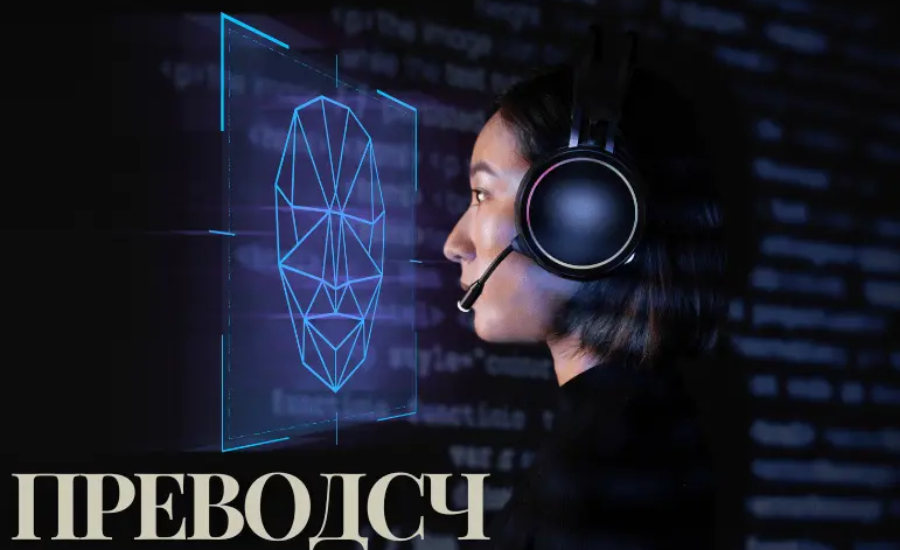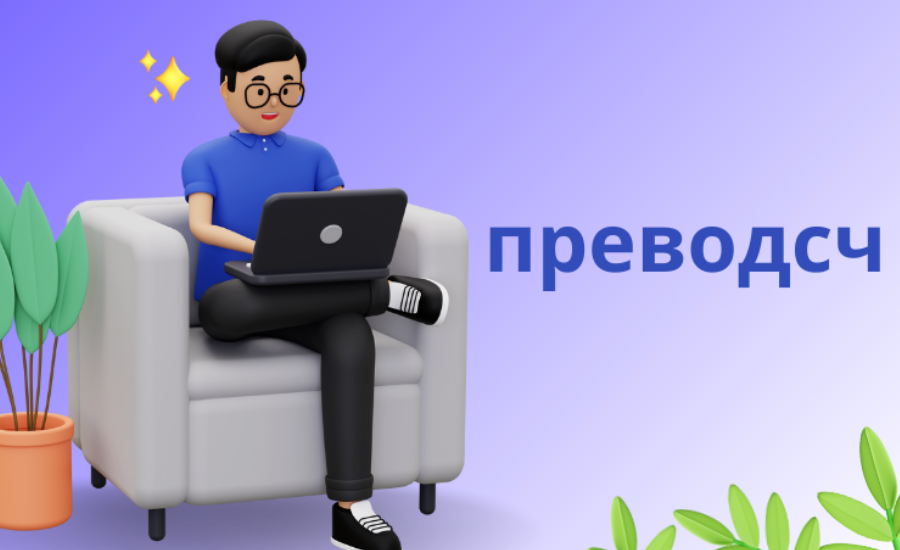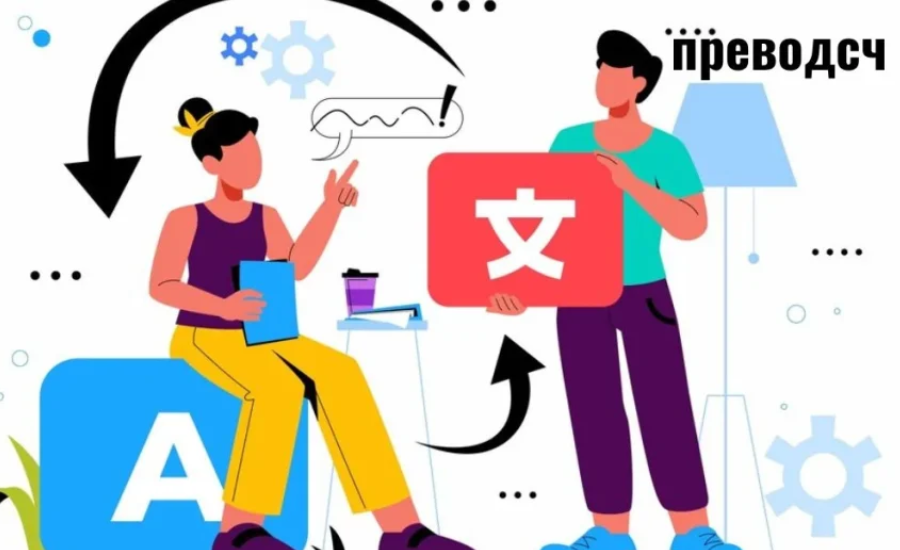In our increasingly interconnected world, the ability to communicate effectively across global boundaries is paramount. This is where the concept of “преводсч” comes into play. Derived from the Russian language, “преводсч” means “translator” or “interpreter.” As businesses, organizations, and individuals engage in cross-cultural interactions, the importance of seamless translation becomes evident. This article delves into the vital role that “преводсч” plays in dismantling language barriers and fostering meaningful communication. By exploring its impact, we can better understand how translators and interpreters facilitate global connections and enhance mutual understanding across diverse linguistic landscapes.
Historical Roots Of Translation

Ancient Beginnings
The art of translation is deeply rooted in ancient civilizations, where scribes and scholars undertook the critical task of translating texts to facilitate trade, diplomacy, and cultural exchange. One of the earliest and most renowned examples of this practice is the Rosetta Stone, which features the same text in three different scripts and was pivotal in deciphering Egyptian hieroglyphs. Similarly, religious texts such as the Bible and the Quran were translated to spread religious teachings across diverse linguistic groups, demonstrating the integral role of translation in promoting religious and cultural understanding.
Evolution Through The Ages
As centuries passed, the practice of translation continued to evolve, mirroring the development of new languages, cultures, and technological advancements. The invention of the printing press in the 15th century revolutionized the spread of literature, significantly increasing the demand for translation services. This era saw a surge in the translation of literary works, scientific treatises, and philosophical texts, making knowledge accessible to a broader audience. As globalization intensified, the need for precise and reliable translation became even more critical, prompting further innovations and refinements in translation methodologies and technologies.
Modern Applications Of “преводсч”
Business And Commerce
In the realm of business, “преводсч” plays an indispensable role in enabling international trade and commerce. Companies depend heavily on translators to bridge language gaps when interacting with partners, clients, and customers from different linguistic backgrounds. Accurate translations of contracts, marketing materials, product descriptions, and user manuals are crucial to ensure clear communication and avoid misunderstandings. Effective translation services not only facilitate smoother business transactions but also enhance customer satisfaction and foster stronger global partnerships, contributing significantly to the success of international ventures.
Technology And Innovation
The field of translation has been dramatically transformed by technological advancements. Machine translation and artificial intelligence (AI) have revolutionized the ability to translate large volumes of text quickly and with increasing accuracy. Tools like Google Translate and various AI-powered translation software have become essential in numerous industries, allowing businesses to operate more efficiently across language barriers. These technologies are continually improving, offering more precise and context-aware translations, which are invaluable for maintaining effective communication in our fast-paced, globalized world.
Healthcare And Medicine
In healthcare, precise and accurate translation is vital for patient care and medical research. Translators facilitate communication between medical professionals and patients who speak different languages, ensuring that patients fully understand their diagnoses, treatment plans, and medical conditions. This is critical for providing appropriate care and avoiding potentially harmful misunderstandings. Additionally, accurate translation of medical research, clinical trial data, and pharmaceutical information is essential for advancing global health initiatives and fostering international collaboration in medical research.
Education And Academia
Translation services are of immense value in the fields of education and academia, promoting the global exchange of knowledge and ideas. Educational institutions and researchers rely on translators to make academic papers, textbooks, and research findings accessible to a worldwide audience. This facilitates international collaboration, allowing scholars and students from different linguistic backgrounds to share insights and advancements. The ability to translate educational materials ensures that knowledge is disseminated globally, breaking down language barriers and enriching academic discourse.
The Role Of “преводсч” In Cultural Exchange

Preserving Cultural Heritage
Translators are essential guardians of cultural heritage, ensuring that the rich tapestry of global traditions, stories, and knowledge is accessible to all. Through the meticulous translation of literature, poetry, historical documents, and other cultural artifacts, translators enable people from diverse backgrounds to experience and appreciate the depth and beauty of different cultures. This work helps to preserve the legacy of various societies, allowing their artistic and intellectual contributions to be recognized and celebrated worldwide. By making cultural heritage accessible, translators play a crucial role in maintaining the continuity and vitality of global traditions.
Promoting Global Understanding
Translation is a powerful tool for fostering global understanding and unity. It allows individuals to access information, narratives, and perspectives from other cultures, broadening their horizons and fostering a deeper appreciation for the diversity of human experience. By bridging linguistic divides, translation promotes empathy, tolerance, and cooperation among different communities. It helps people to understand and relate to one another despite language barriers, facilitating more meaningful interactions and collaborations. Through the work of translators, the world becomes a more connected and harmonious place, where cultural exchange and mutual respect are encouraged and nurtured.
Challenges In The Field Of Translation

Accuracy And Nuance
A significant challenge in translation is preserving the accuracy and subtle nuances of the original text. Translators must navigate cultural differences, idiomatic expressions, and contextual meanings, which can complicate the translation process. The complexity of this task requires highly skilled professionals who can deliver translations that are not only accurate but also convey the intended tone, style, and underlying messages of the source material. Mastery in this area ensures that the translated text resonates with its new audience as authentically as the original did.
Ethical Considerations
Translators also face important ethical considerations in their work. They must maintain confidentiality, uphold impartiality, and be mindful of the potential impact their translations can have. Ensuring that translations remain true to the original text while respecting cultural sensitivities is essential. This means avoiding bias, accurately representing the source material, and being aware of the broader implications their work might have on different communities. Ethical translation practices are vital for fostering trust and integrity in the communication process.
FAQs
Q: What is “преводсч” and what does it mean?
A: “Преводсч” is a term originating from the Russian language, meaning “translator” or “interpreter.” It refers to individuals or tools that enable communication by converting written or spoken content from one language to another, bridging linguistic gaps.
Q: Why is translation important in today’s world?
A: Translation is crucial for effective global communication, allowing businesses, organizations, and individuals to interact seamlessly across language barriers. It facilitates international trade, cultural exchange, and the dissemination of knowledge, ensuring that diverse groups can collaborate and understand each other.
Q: How has translation evolved over time?
A: Translation has a long and rich history, dating back to ancient civilizations where it was vital for trade, diplomacy, and cultural exchange. Over the centuries, it has evolved significantly, driven by the development of new languages, cultural shifts, and technological advancements. The invention of the printing press and the spread of literature further increased the demand for translation services, transforming it into a sophisticated field with diverse applications.
Q: What are some modern applications of translation?
A: Translation is integral to various modern sectors:
- Business and Commerce: Facilitates international trade by translating contracts, marketing materials, and product information.
- Technology and Innovation: Enables quick and accurate translation through machine translation and AI-powered tools.
- Healthcare and Medicine: Assists medical professionals in communicating with patients of different languages, ensuring proper care and understanding of medical conditions.
- Education and Academia: Allows for the sharing of academic research, textbooks, and scholarly articles across linguistic boundaries, promoting global knowledge exchange.
Conclusion
In our increasingly interconnected world, the role of the “преводсч” – a term meaning “translator” or “interpreter” in Russian – is more vital than ever. The art of translation, with its rich historical roots, has become indispensable in various modern applications, including business, technology, healthcare, education, and cultural exchange. Translation plays a transformative role by enabling communication and understanding across linguistic divides.
Historically, translation has been fundamental in facilitating trade, diplomacy, and cultural exchange, evolving significantly with technological advancements and the proliferation of languages and literature. Today, skilled translators are essential in bridging linguistic gaps, ensuring accurate communication and fostering global understanding.
In business, translation is crucial for international trade, enabling companies to communicate effectively with global partners, clients, and customers. Technological advancements, such as machine translation and AI, have revolutionized the field, allowing for quick and precise translations that support human translators.
In healthcare, translation ensures that patients who speak different languages receive appropriate care and understand their medical conditions. In education, it allows for the global exchange of knowledge, enabling researchers and academics to share their work with a broader audience.
Translation also plays a pivotal role in cultural exchange by preserving and sharing cultural heritage, promoting empathy, and fostering cooperation among diverse communities. Despite the challenges of maintaining accuracy, capturing nuances, and navigating ethical considerations, translators continue to play a crucial role in our interconnected world.
By embracing the power of translation, we can overcome language barriers and ensure that linguistic differences do not hinder meaningful interactions and collaborations. This fosters a more inclusive, understanding, and dynamic global community.
To stay updated and receive alerts, head over to: Cofee Manga!
